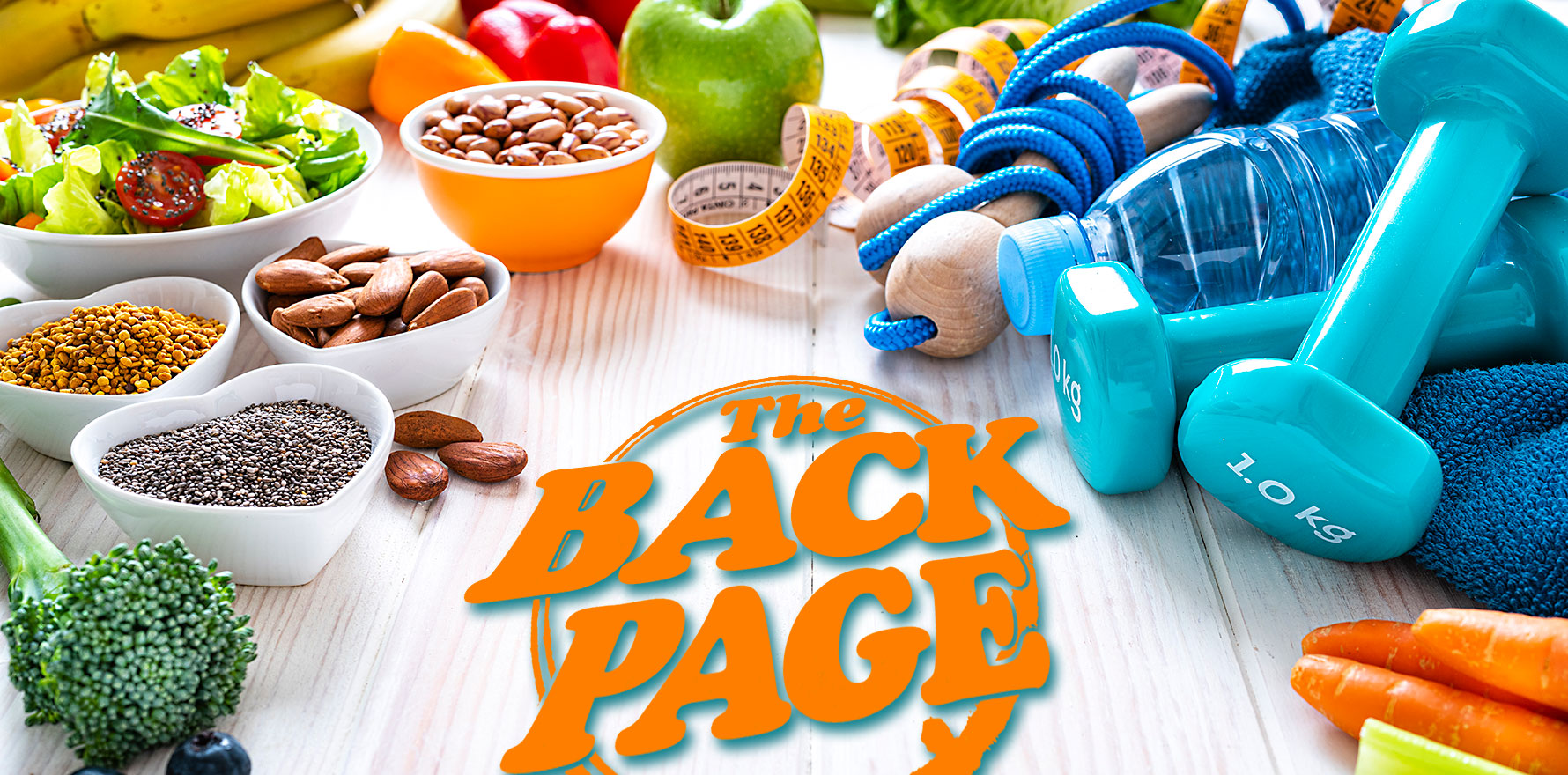This may be a ‘scope’ question worth investigating.
Wouldn’t it be nice if we could effectively treat depression with diet and exercise?
Early last year a study was widely touted (though not by us) as finding exercise beat antidepressants, when it didn’t really. But that was clearly a story we all wanted to read.
Now a large research team led from Deakin University has compared an eight-week lifestyle intervention with eight weeks of psychotherapy and found the cheaper lifestyle therapy shapes up well.
The benefits of exercising and eating well are not news, and the RANZCP already endorses the use of lifestyle therapies, including physical activity and food counselling, “alongside or before prescribing any form of treatment”.
But, the authors write, this is not yet a reality, given the “critical absence of data showing it is as effective as the current standard in mental health care – psychotherapy delivered by psychologists”. It is this gap that their CALM study – “Curbing Anxiety and depression using Lifestyle Medicine” – seeks to fill.
They took 182 Victorians – 80% female, average age 45 and with a Distress Questionnaire 5 score of at least 8 – and randomised them to six group videoconferencing sessions of either gold-standard cognitive behavioural therapy, delivered by psychologists, or counselling on nutrition, movement and goal setting, delivered by accredited dietitians and exercise physiologists.
Both interventions were delivered remotely, as this was the covid times (times that brought an extra 50 million diagnoses of depression worldwide, the authors write), and 145 participants completed at least three sessions.
Subjects in the lifestyle arm received a hamper containing food produce, a TheraBand and a Fitbit, while the psychotherapy patients received mindfulness apps and “self-soothing products”: a colouring book, head massager and stress ball.
The pathos of those latter objects in the context of depression hits the Back Page rather hard, just by the by.
Using change in Patient Health Questionnaire-9 scores, the lifestyle intervention was found to be non-inferior to psychotherapy, with mean changes of -3.97 and -3.74 points – improvements of 42% and 37% – respectively. The difference was not statistically significant.
On secondary outcomes, “Lifestyle participants reported reductions in the percentage of food intake from discretionary items, improvements in diet quality … and greater self-reported stool consistency, but fewer improvements in social support than psychotherapy participants. There were no differences in any other health behaviours, dietary or physical activity measures, psychological factors, or other indicators between arms.”
There were more adverse events in the lifestyle arm, however, including elevated distress (39 vs 12) and low mood (25 vs 17).
The results, if replicated at greater scale, show lifestyle therapy “could be a new treatment option for individuals experiencing indicative depression, especially where psychological services are unavailable, inaccessible … or not preferred.”
Put another way, psychotherapy from a psychologist is no better than sessions on better eating and exercise.
The lifestyle intervention was cheaper to deliver with the same amount of face time, largely thanks to the lower hourly rates charged by dietitians and exercise physiologists than by psychologists. A health economics analysis found the lifestyle coaching as cost-effective as psychotherapy.
In Australia, the authors note, it also costs $40,000 less in education and training costs to produce a dietitian than it does a psychologist – though the latter would require increased training to treat people’s mental health.
Writing in The Conversation, lead author Professor Adrienne O’Neil and a co-author note that people with chronic conditions such as diabetes and eating disorders have access to subsidised dietitian and exercise physiologist appointments, but care plans for depression do not cover this.
Even if it seems too good to be true, a course like this, if available, seems worth a shot while your patients crawl their way up the psychologist waiting list. Best-case scenario, they won’t need those sessions so badly. Worst-case, as long as they adhere, they’ll get all the other physical benefits of a healthy lifestyle.
Sending story tips to penny@medicalrepublic.com.au instantly improves your lifestyle.


